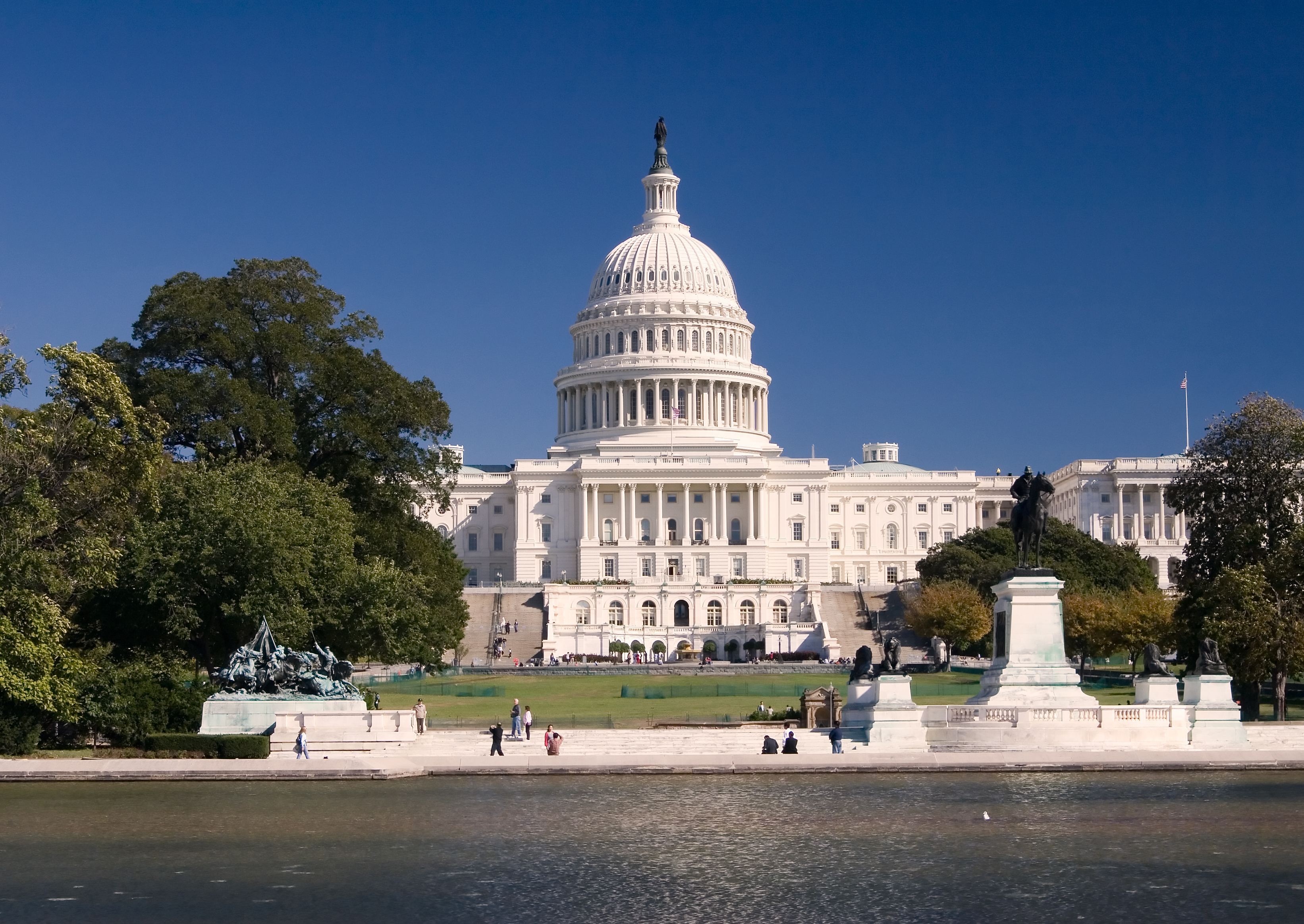COVID-19 Public Policy Update: April 3, 2020
Published Apr 03, 2020 by Taylor Landin
In response to the novel coronavirus (COVID-19), the Partnership will provide a daily update on public policies and other newsworthy items from local, state and national levels of government.
Executive Summary
All levels of government continue to respond to the economic and public health impacts of COVID-19. At the federal level, the Department of the Treasury and the Small Business Administration issued guidance for the Paycheck Protection Program, the $350 billion initiative through the CARES Act to help small businesses keep workers employed amid the pandemic and economic downturn. At the state level, Governor Greg Abbott waived some regulations for emergency medical service (EMS) providers, including some license and application renewal requirements to increase EMS worker availability. At the local level, Houston ISD has announced plans to resume meal distribution this Monday and will provide about 500 meals at 4-5 sites daily.
Federal
Paycheck Protection Program Launched on Friday
- The Coronavirus Aid, Relief, and Economic Security (CARES) Act allocated $350 billion to help small businesses keep workers employed amid the pandemic and economic downturn through the Paycheck Protection Program (PPP). This initiative provides 100% federally guaranteed loans to small businesses. On Thursday evening, the Department of the Treasury and Small Business Administration issued guidance for the Paycheck Protection Program. The guidance, sample application and other key resources can be found here:
- For a top-line overview of the program click here.
- If you’re a lender, more information can be found here.
- If you’re a borrower, more information can be found here.
- Final Borrower Application Form *NEW*
- Lender Electronic Data Form *NEW*
- Paycheck Protection Program – Interim Final Rule *NEW*
House Committee on Coronavirus Oversight
- House Speaker Nancy Pelosi is creating a House Select Committee on the coronavirus response, which will be chaired by Majority Whip Jim Clyburn.
- The committee’s focus is stated to be the current status of the federal pandemic response and looking forward, not to address the initial response. However, the Speaker commented there will be a time for review of the initial response at a later date.
- The committee will be charged with examining the federal response while ensuring taxpayer dollars are used efficiently and to save lives, deliver relief, and benefit the economy. The committee will have subpoena power according to the Speaker.
- Speaker’s Press Release announcing committee formation.
Unemployment
- Approximately 6.65 million Americans have filed for unemployment last week, bringing the total claims for the last two weeks to almost 10 million.
Direct Payments to Americans
- Within two weeks the first direct deposits will be made.
- Social security recipients will not have to file a new tax return. They will qualify for the payment. If one does not have direct deposit, a portal will be made available to provide a process to receive the payment.
Numbers
- As of Tuesday afternoon, Johns Hopkins University is reporting over 230,000 cases, and over 5,700 deaths.
State
- Governor Greg Abbott waived some regulations for emergency medical service (EMS) providers, including some license and application renewal requirements in an effort to increase EMS worker availability.
Numbers
- As of noon on April 2: 4,669 cases in Texas. 70 deaths. 143 counties reporting cases. 50,679 tests administered.
Public Education
Houston ISD Food Distribution
- Houston ISD has announced plans to resume meal distribution this Monday and will provide about 500 meals at 4-5 sites daily. A map of the food distribution here.
Higher Education
Higher Education Institutions
- Fall 2020 enrollment forecasts are starting to be reviewed as institutions continue to understand the financial implications of COVID-19.
Policy Implications
- $14 billion of the Education Stabilization Fun within the CARES Act will go directly to institutions based a formula which allocates 75% to the full-time enrollment (FTE) of PELL recipients and 25% of non-PELL FTE. The formula excludes students who were fully online prior to COVID-19.
Visit the Partnership's COVID-19 Resource page for updates, guidance for employers and more information. And sign up for daily email alerts from the Partnership as the situation develops.
 The Houston Report
The Houston Report






















